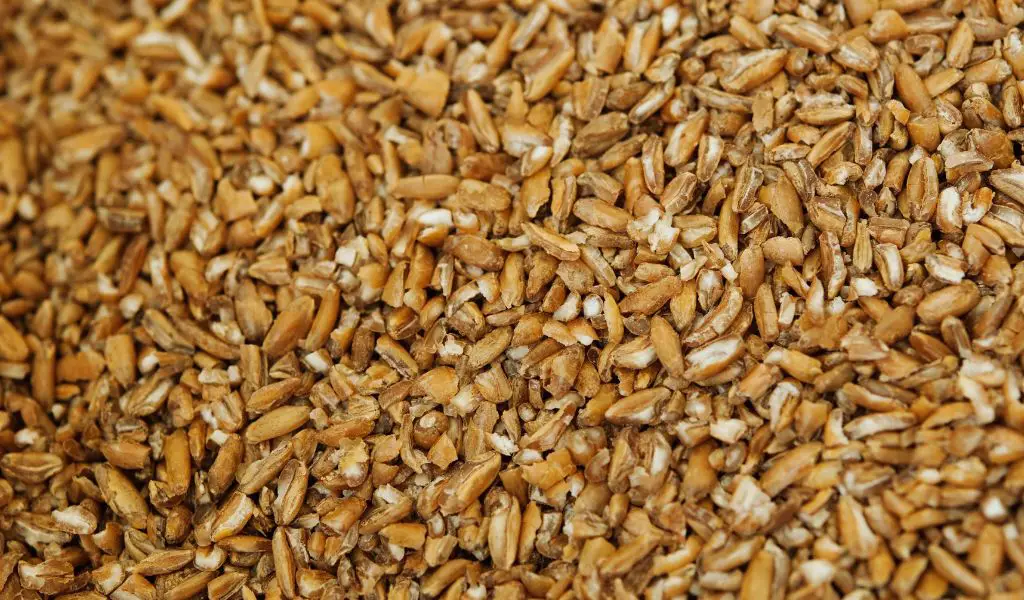Yes, dogs can eat yams in moderation. Yams are a nutritious root vegetable that can provide some health benefits to dogs when prepared and served properly. However, there are a few considerations to keep in mind to ensure the safety and well-being of your canine companion.
Dos
- Cooked and plain: Dogs should only consume cooked yams without any added seasonings or toppings. Plain, boiled, or baked yams are the safest options.
- Small portions: Yams should be served in small, bite-sized pieces to prevent choking hazards and digestive issues.
- Moderation: Yams should be given as an occasional treat or addition to your dog’s regular diet. They should not replace a balanced and complete canine diet.
Don’ts
- Raw yams: Raw yams can be difficult for dogs to digest and may cause stomach upset or other gastrointestinal issues.
- Seasonings and toppings: Avoid adding butter, salt, sugar, spices, or other seasonings to yams. These can be harmful to dogs and may lead to health problems.
- Skin and peels: Remove the skin and peels of yams before feeding them to your dog. The skin can be tough and difficult to chew, posing a choking hazard.
Are yams toxic to dogs?
No, yams are not toxic to dogs when properly cooked and served in moderation.
Can yams cause allergies in dogs?
While allergies to yams are rare in dogs, individual sensitivities can occur. Introduce yams gradually and monitor your dog for any signs of allergic reactions, such as itching, vomiting, or diarrhea.
Are sweet potatoes the same as yams?
Sweet potatoes and yams are two different vegetables. Sweet potatoes are generally safe for dogs to eat in moderation, while yams should be given with caution due to their higher sugar content.
Conclusion and final thoughts 💭
Yams can be a safe and nutritious treat for dogs when prepared and served correctly.
Remember to cook them plain, in small portions, and without any added seasonings.
Always consult your veterinarian before introducing any new food to your dog’s diet to ensure it aligns with their specific health needs and dietary requirements.




